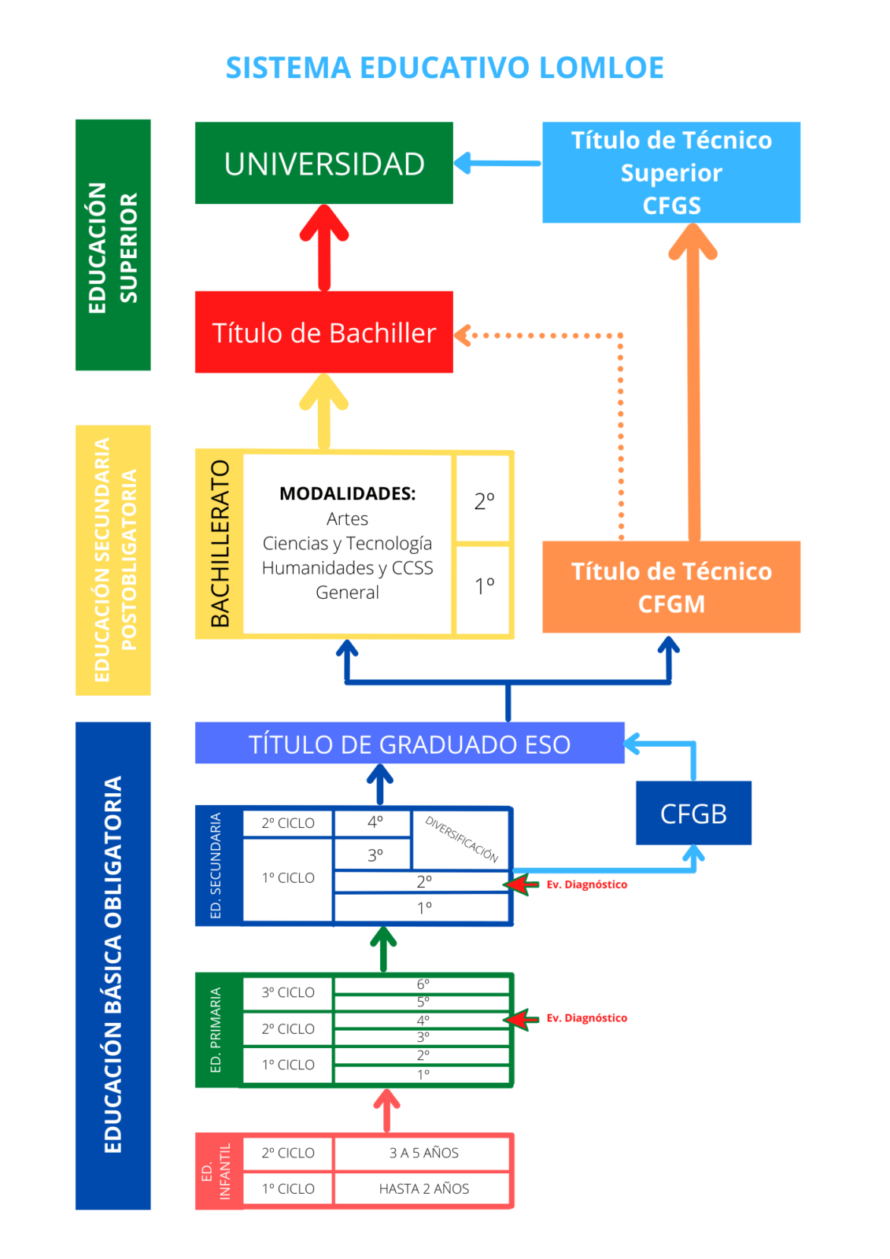C/Herencia s/n 28341 Valdemoro (Madrid)
ies.villadevaldemoro.valdemoro@educa.madrid.org
Tel: 918018490 / Fax: 918953396
| Cercanías, Línea C3, parada Valdemoro y luego el Autobús L1 | |
| AISA: Línea 422 parada Plaza Negritas. |
C/Herencia s/n 28341 Valdemoro (Madrid)
ies.villadevaldemoro.valdemoro@educa.madrid.org
Tel: 918018490 / Fax: 918953396
| Cercanías, Línea C3, parada Valdemoro y luego el Autobús L1 | |
| AISA: Línea 422 parada Plaza Negritas. |
OFERTA EDUCATIVA
Resumen del sistema educativo actual vigente:

Educación Secundaria Obligatoria (ESO):
Bachillerato de Excelencia:
Bachillerato de Humanidades, Ciencias Sociales, Ciencias y Tecnología
Cuidados Auxiliares de Enfermería (Ciclo Formativo de Grado Medio):
Higiene Bucodental (Ciclo Formativo de Grado Superior)